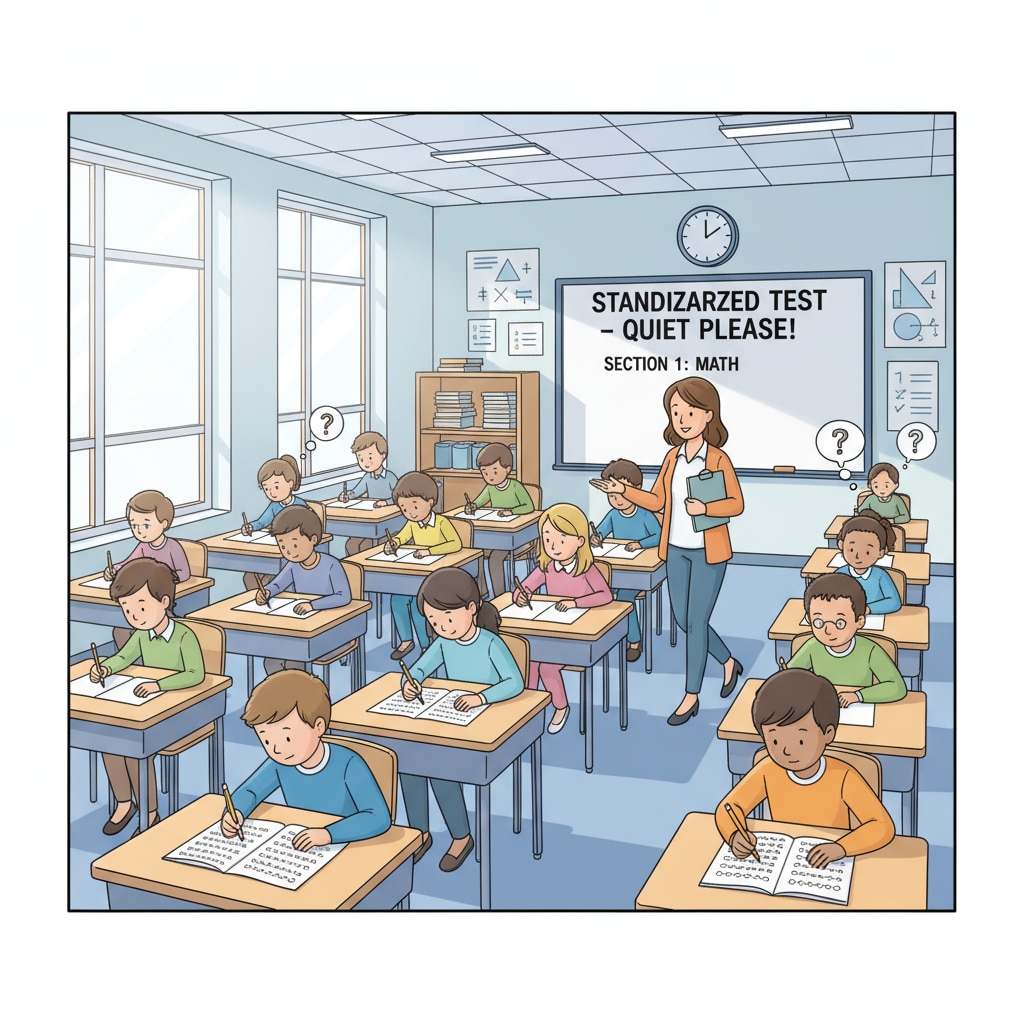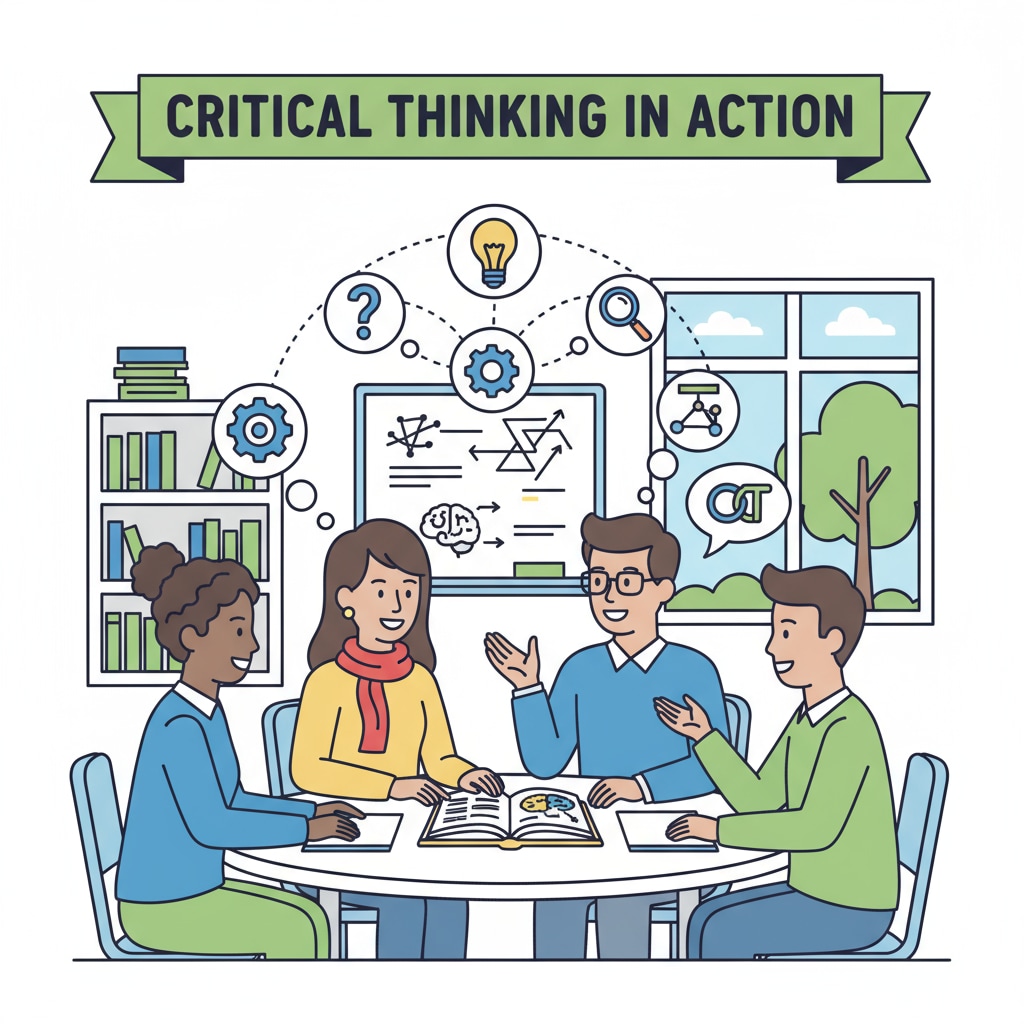In today’s educational landscape, standardized tests, memory recall, critical thinking development, and the overall assessment system are subjects of intense scrutiny. Contemporary standardized tests have long been a cornerstone of educational evaluation, but they have significant limitations. They often place excessive emphasis on rote memory rather than fostering the development of critical thinking skills in students.

The Pitfalls of Standardized Tests
Standardized tests typically follow a set format with predefined answers. This format encourages students to memorize facts and figures rather than engage in deep, analytical thinking. For example, a multiple-choice question on a history test might require students to recall a specific date or event, rather than analyze the causes and consequences. As a result, students may excel at regurgitating information but struggle when faced with real-world problems that demand critical thinking. According to Wikipedia’s entry on standardized tests, the one-size-fits-all nature of these tests fails to account for the diverse learning styles and abilities of students.
The Importance of Critical Thinking
Critical thinking is the ability to analyze, evaluate, and form judgments. In an ever-changing world, students need critical thinking skills to succeed. When students are encouraged to think critically, they can better understand complex issues, solve problems creatively, and make informed decisions. However, the current standardized test-driven assessment system often neglects the cultivation of these essential skills. As stated in Britannica’s article on critical thinking, critical thinking involves questioning assumptions, evaluating evidence, and forming logical conclusions, which are not adequately measured by standardized tests.

To address these issues, a comprehensive educational assessment reform is needed. This reform should focus on creating a more holistic evaluation system that measures not only students’ knowledge but also their thinking abilities, creativity, and problem-solving skills. For instance, performance-based assessments, such as projects and presentations, can provide a more accurate picture of students’ capabilities. These types of assessments allow students to demonstrate their understanding in a more authentic context and encourage the development of critical thinking.
Readability guidance: The article uses short paragraphs to present key points clearly. Each H2 section provides a focused discussion, and external links are included to support the arguments. Transition words like ‘for example’ and ‘as a result’ are used to enhance the flow of the text.


